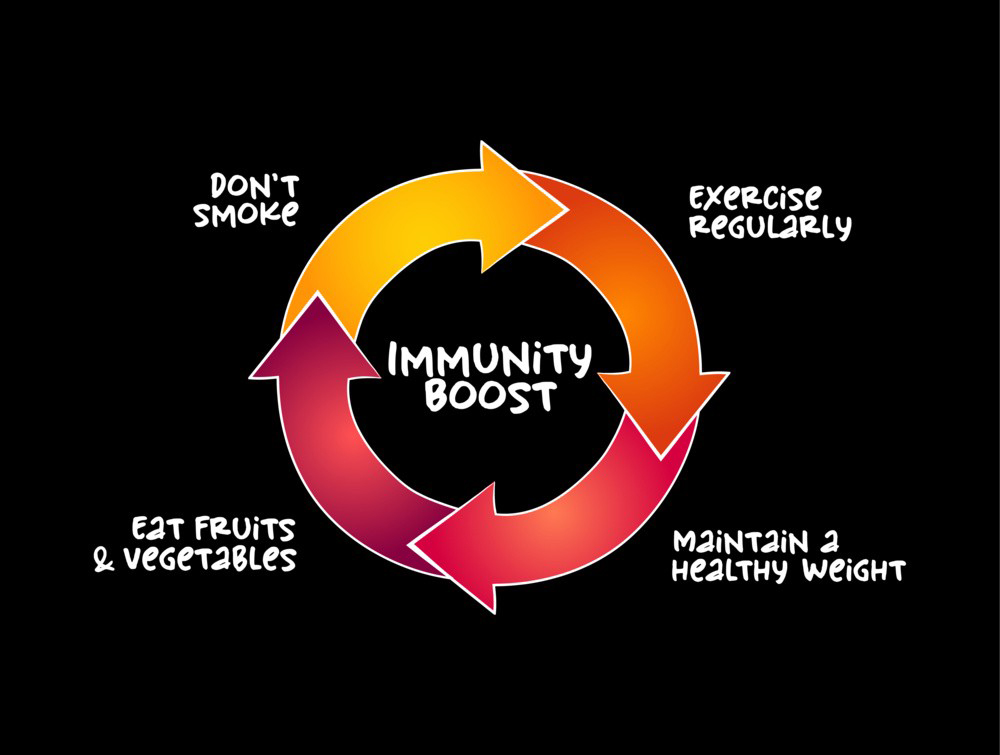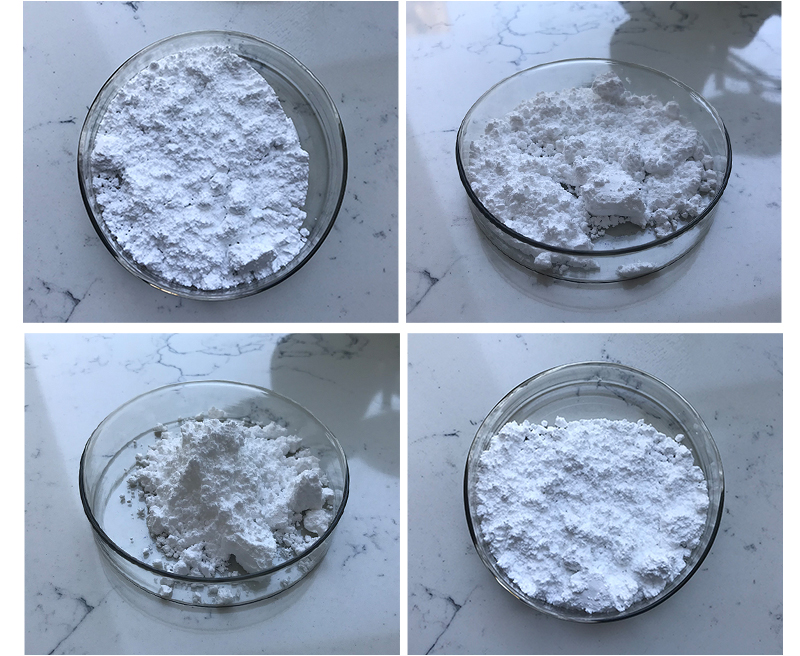Liposomal glutathione is a form of glutathione that is encapsulated within liposomes, which are tiny fat-like particles designed to improve the bioavailability and absorption of glutathione in the body. Glutathione itself is a powerful antioxidant that plays a key role in protecting cells from oxidative stress, supporting immune function, and detoxifying the body.
Efficacy of Liposomal Glutathione
1.Improved Absorption: Traditional oral glutathione supplements are often broken down in the digestive tract before reaching the bloodstream, limiting their effectiveness. Liposomal glutathione, due to its encapsulation in liposomes, is believed to protect the glutathione from degradation, allowing more to be absorbed into the bloodstream.
Studies suggest liposomal formulations can significantly enhance glutathione levels in the body compared to non-liposomal forms, potentially increasing bioavailability up to 100% or more.
2.Antioxidant Benefits: Glutathione is known as the “master antioxidant” because it helps neutralize free radicals and supports the recycling of other antioxidants like vitamins C and E. Liposomal glutathione is enhanced delivery may amplify its antioxidant effects, potentially providing greater protection against oxidative stress-related conditions like aging, chronic diseases, and inflammation.

3.Immune System Support: Glutathione is crucial for proper immune function, particularly in promoting the activity of white blood cells and supporting detoxification in the liver. Enhanced delivery through liposomal glutathione could improve immune function, particularly in individuals with low glutathione levels or oxidative stress.
4.Detoxification: Glutathione plays a critical role in the detoxification process, particularly in the liver, where it helps eliminate harmful substances like heavy metals and toxins. By improving glutathione levels, liposomal glutathione may enhance detoxification and liver function.
5.Anti-aging and Skin Health: Glutathione is popular in skincare for its potential to brighten the skin and reduce oxidative damage. Liposomal forms may provide more effective delivery of glutathione for skin health and may support its anti-aging benefits by promoting cellular repair and reducing wrinkles.
Effectiveness in Clinical Conditions
Chronic Disease Management: Low glutathione levels have been associated with various chronic conditions like Parkinson’s disease, Alzheimer’s, cardiovascular diseases, and cancer. Liposomal glutathione has been investigated as a therapeutic aid in improving oxidative stress and inflammation in these diseases.
Neurological Benefits: Glutathione plays a role in brain health by protecting neurons from oxidative stress, which is implicated in neurodegenerative diseases. Some studies suggest liposomal glutathione may help slow progression or reduce symptoms in conditions like multiple sclerosis and Parkinson’s.
Liver Health: Glutathione is essential for detoxification processes in the liver, and liposomal glutathione may be particularly effective for individuals with liver conditions like fatty liver disease, hepatitis, or those exposed to high toxin levels.
Safety and Side Effects
Liposomal glutathione is generally considered safe when taken in recommended doses. Mild side effects like gastrointestinal discomfort may occur in some individuals. However, more research is needed to fully understand the long-term effects of liposomal glutathione supplementation.

Limitations
Cost: Liposomal supplements are typically more expensive than regular glutathione supplements due to the complexity of production.
Limited Large-Scale Research: Although early studies show promise, large-scale clinical trials are still needed to confirm the long-term efficacy and safety of liposomal glutathione.
In summary, liposomal glutathione appears to offer superior bioavailability and potentially greater benefits for antioxidant support, immune health, detoxification, and disease management compared to regular glutathione supplements. However, further research is required to validate its effectiveness across broader populations.
